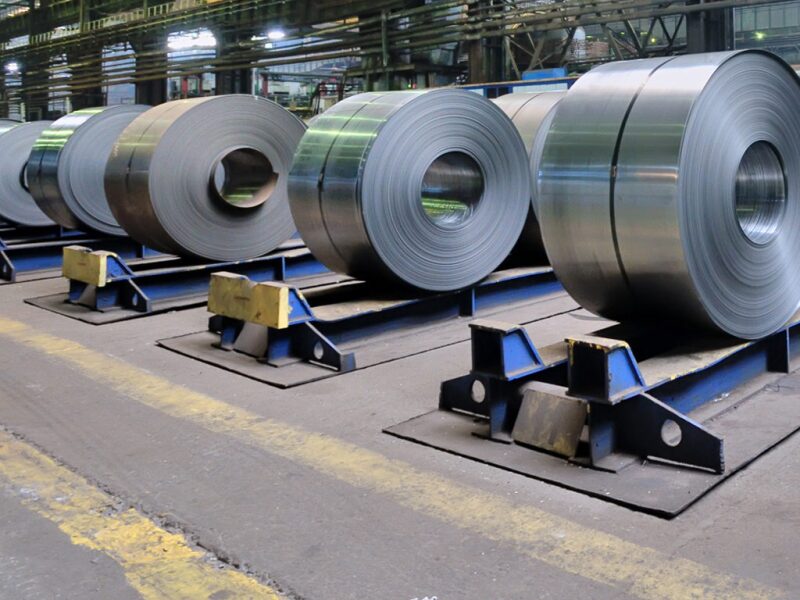The EU, coordinating with the G7, is moving to prohibit the import of key goods in the iron and steel sector from the Russian Federation. The restriction will hit a central sector of Russia's system, "deprive it of billions of export revenues and ensure that our citizens are not subsidizing Putin's war," the EU said in a statement issued on 11 March. The group is also calling for revocation of Russia's "most-favored-nation status" as a trading partner, further restricting its access to global financing options.
US President Joe Biden on 11 March said the US revocation requires approval from Congress; legislation was expected to be introduced following his announcement. He said the status means two nations have agreed to trade under the best possible terms, which can include lower tariffs, fewer barriers to trade, and high imports.
It is not clear which key goods would be included in the EU ban, or how deep the impacts will be on industries such as oil and gas. According to the European Steel Association, the EU imported 3.2 million mt of steel finished product in 2020 and an estimated 3.7 million mt in 2021. Russia was the second-largest supplier after Turkey. Russia has not been a significant seller of steel to Asia over the past months on unfavorable export prices, compared with its own domestic and regional levels.
The EU did dangle the proposal of a “big ban” on new European investments across Russia's energy sector. This ban will cover all investments, technology transfers and financial services for energy exploration and production.
Other steps taken by the EU included restricting the use of crypto assets to circumvent the sanctions and ban the export of any EU luxury goods from its member countries to Russia.
The EU's full measures will take effect on 12 March.


